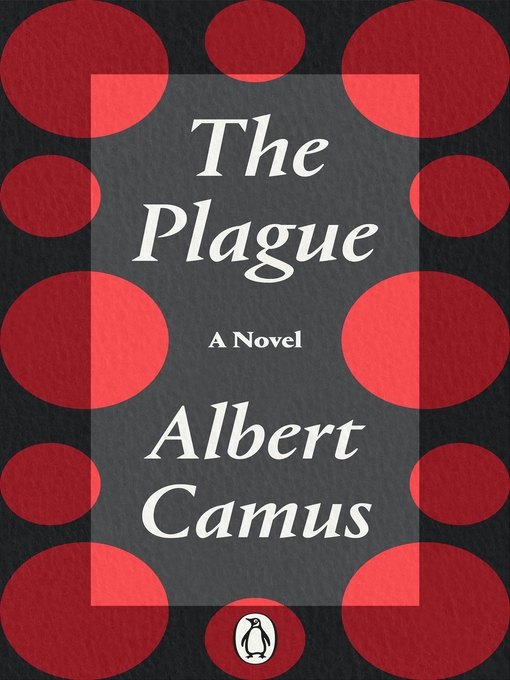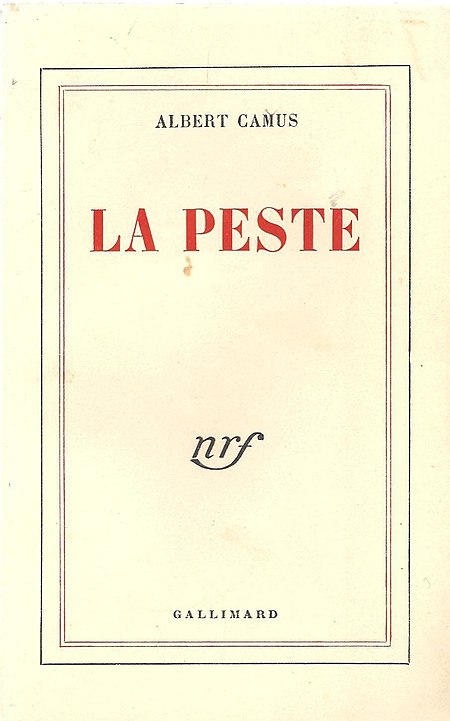
Quarantined in my apartment, cared for by a partner who was themselves struggling to recover from COVID-19, I felt my frustration in my immune system and dismay in my government rise. A heavy, bone-aching constriction of my chest soon followed along with a fatigue that refused to lift even months later. A few days later, I experienced noticeable difficulty breathing, which led me to seek hospital care. Like many individuals around the world, my first symptoms of COVID-19 felt more like a mild cold rather than a disease that could so thoroughly disrupt and convulse nations across the globe. I crawled into bed, took my temperature (low-grade fever), and went to sleep. As I neared the end of the workday, I paused to realized how suddenly tired I felt.


Breakfast, presentable top and comfortable bottoms, and a schedule of back-to-back online conference calls and an onslaught of emails providing updates on the rapidly changing pandemic landscape. Just a few days earlier, I started my day like so many others learning to acclimate to COVID-19 stay-at-home-orders. On March 26th, 2020, I lay propped up by a mound of pillows in bed, alternating between reading Albert Camus’s The Plague ( La Peste) and closing my eyes, too tired and too pained for much else. To this end, I suggest a series of reflective questions for researchers to iteratively grapple with throughout the research process. While this is particularly critical when studying shared or collective experiences, like that of a pandemic, these assumptions and aims should always be made transparent in qualitative research. Just as readers of The Plague must ponder the objectives and interpretation of The Narrator who is “closely involved in all that he proposed to narrate,” qualitative researchers must contemplate their own assumptions, aims, and subjectivity, which is both foundational and often overlooked in qualitative inquiry. Camus’s text forces the reader to reflect on what it means to qualitatively study an issue or an event when the researcher is also affected by it. The existential novella documents the experience of the citizens of Oran, Algeria during a fictional epidemic, and The Narrator’s documentation is explicitly based on qualitative “data” from participant observation, key informant accounts, and document analysis. As a social worker and qualitative researcher, I read Albert Camus’s The Plague as I lay recovering from COVID-19.


 0 kommentar(er)
0 kommentar(er)
